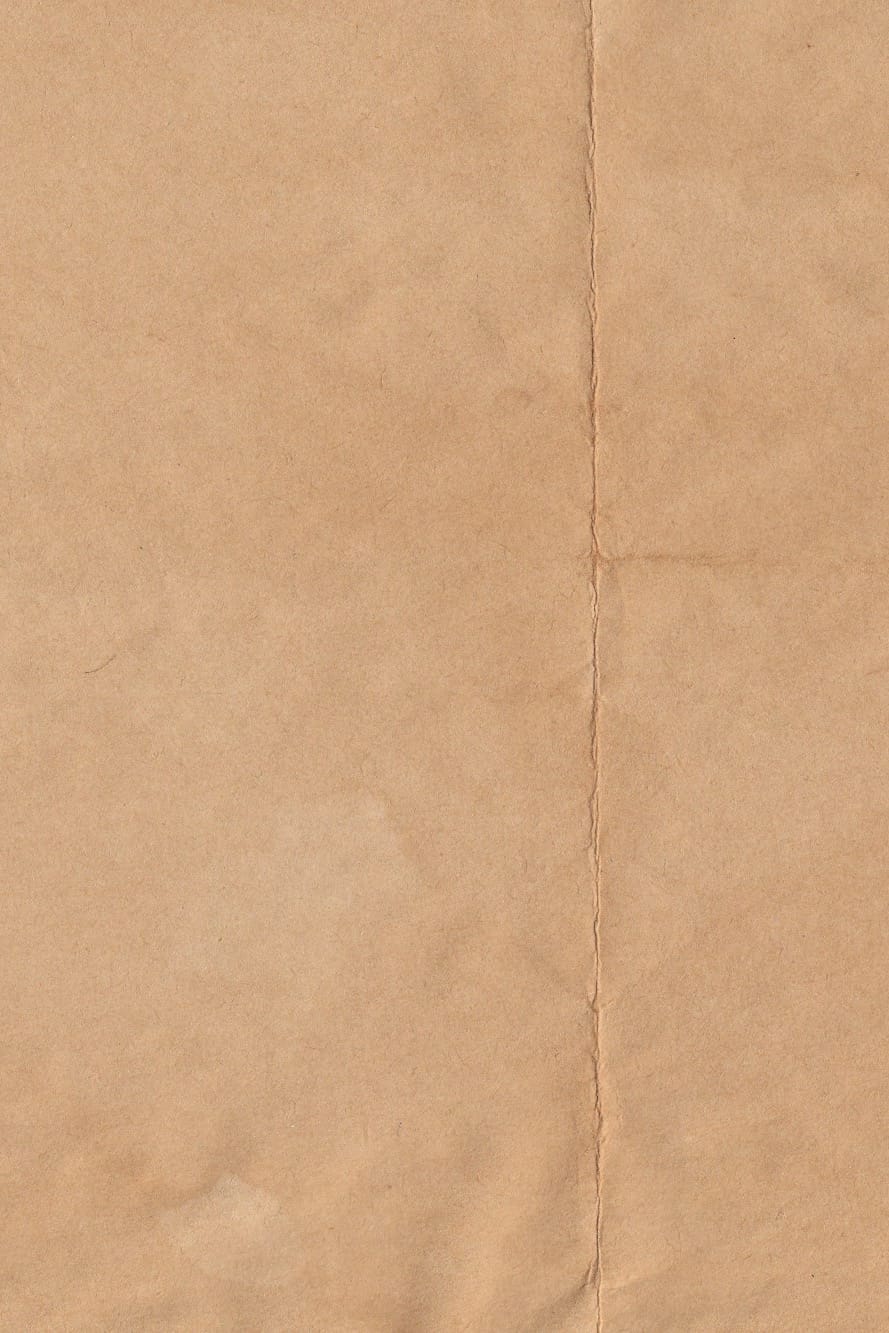In a world and era where all things must have a function and where “purpose” is sometimes treated as mere buzzword, our ability to dwell in useless activities is vanishing.
Productivity hacks, the “getting-things-done” doctrine, and corporate jargon in general have flooded our waking minds and time. Even our leisure time. How many of us plan our vacation to the last detail, using a sophisticated template or app? How many of us try to read as many books as we can, as quickly as we can? When has reading fast become preferable to reading well?
Why does our time off have to be measured, controlled, or gamified? Isn’t that an absurd paradox: to put restraints on our free time? (The commodification of time and attention is further analyzed in "The Utility of Uselessness," which explores how productivity metrics have invaded even our leisure.)
Recently, during a no-kids weekend, I caught myself alone while my wife was on her morning walk. I contemplated the Alentejo plane, struggling with the decision about what to do next. My idleness was becoming unbearable. Why was doing nothing so difficult? I started to scrutinize this sensation. Here’s what I came up with, starting with the word “nothing.”
For us humans, “nothing” usually means “something,” and we have evidence from the world of physics to back this idea up. It’s also easy to see “nothing” as the opposite of everything, and that adds little to our understanding. After all, no-thing can be anything. Another use for “nothing” is when we want to categorize effort or an event as having little importance: “It was nothing,” we say. In any case, it’s wonderful how we can generally understand each other regarding “nothing,” with little effort.
— “What’s wrong, dear?”
— “Nothing!”
You just know that that “nothing” means something, anything, or even everything.
Let’s now explore the idea of “doing nothing.” The act of “doing nothing” is, in truth, doing something, and it’s surely not the same as “not doing anything.” It’s precisely when you have nothing to do that everything and anything is possible. Also the verb “doing” is there, indicating that some action, desire, or intention is present.
In this world obsessed with “doing,” where recognition and legitimacy seem to be attained only by explicit action, doing nothing doesn’t solve the difficulty like the one I encountered having nothing on my to-do list. On the contrary, it may deepen the gap between what we’re “supposed” to be doing and what may arise from some kind of void.
What if we eliminate the verb “doing” and replaced it with “being” or “staying”? Try to stay still, to be quiet or idle, for instance. What happens when you make that decision? Several authors throughout history, from Robert Louis Stevenson to John Cleese, have praised the benefits of idleness and its link to creativity. Sure, it can bring uneasiness or even suffering but if that’s the case with you, you can thereby get a good dose of self-knowledge about your relation to “doing.” Like most things, if one practices staying still enough, one can start to become comfortable with this state.
What I know is that if I didn’t stop and listen to the discomfort I felt that Sunday morning, if I didn’t pay attention to my obsession with finding something to do, these words would not exist.


